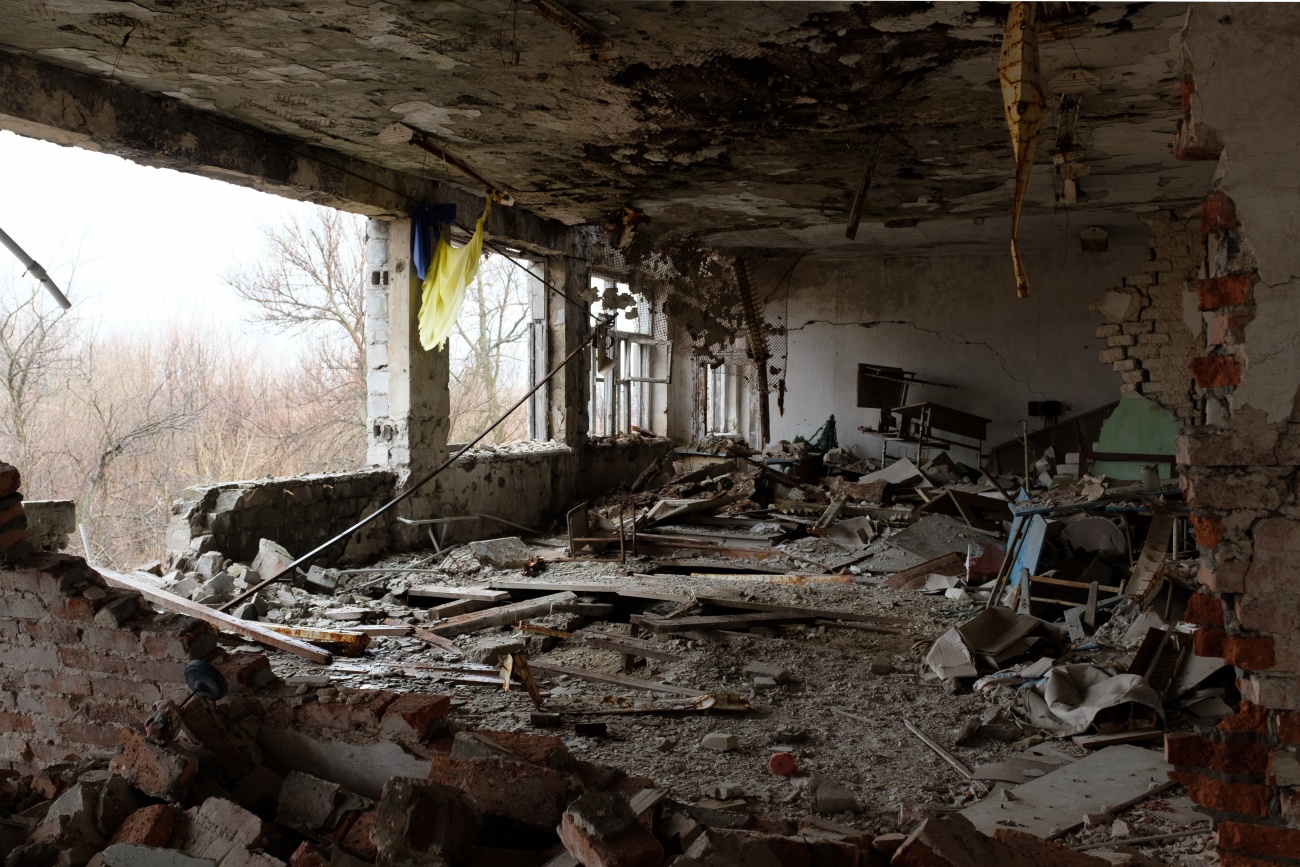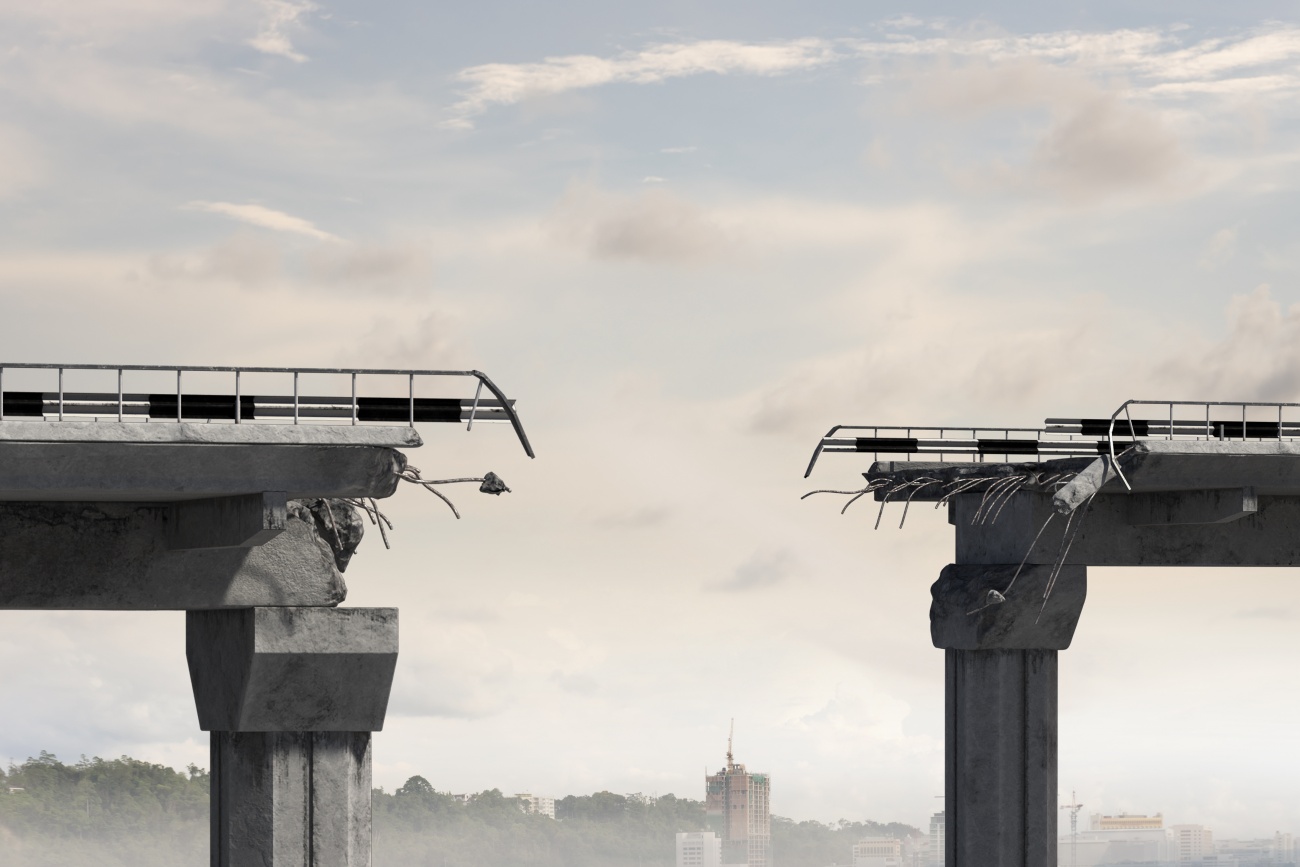Biblical Wisdom, A Challenge to Every Age
What is missing in the world is the God-Who-Is-Love.
War has broken out again in yet another part of the world. The scourge of war has been with the human race from the beginning and it is clear that our own age has not yet freed itself from it. War is the most profound, all-encompassing sign of the reality of human sinfulness. Its effects do not discriminate between the guilty and the innocent. In every case, the innocent bear the brunt of the violent, irrational, blindly indiscriminate injustices that war brings upon the world. Indeed, the suffering of the innocent reveals the true horror of war.

“Think of the commandments, hate not your neighbor; of the Most High’s covenant and overlook faults” (Sirach 28:7). If it is true that God rescues us from our own faults, then, should we not extend the same hand of rescue to our neighbor? My resentment, grudges, and retaliation do not help those who harm me. They merely confirm the breach between us. Bridge-building is costly. The Cross demonstrates that to us very vividly. It is because of our own sins that we are separated from one another, and from God. It was the Cross that bridged the gap between us and God and we are challenged to do the same in this world, that is, to rebuild the broken bridges between us and those we consider our enemy. How are we to do that? Why?

Paul gives us a clue as to how to do that in his Letter to the Colassians, chapter 3, verses 12-14. “Put on then, as God’s chosen ones, holy and beloved, heart-felt compassion, kindness, humility, gentleness, and patience, bearing with one another and forgiving one another, if one has a grievance against another; as the Lord has forgiven you, so must you also do. And over all these put on love, that is, the bond of perfection.” These are habits that become virtues through hard work and much practice. They are born out of a deep desire and a profound commitment to know and to do all that is truly good and to avoid all that is truly bad.
And what is the greatest of the virtues? Love. The Father’s love is the reason for the incarnation, the suffering, the death and the resurrection of Jesus Christ. The healing and the salvation of everything comes through that love, and Jesus himself challenges us to imitate it. Are we only hearers of the Word deluding ourselves, or are we doers (James 1:22)? That is the ultimate question every follower of Christ must ask him or herself.
The world seems torn asunder. By the world I mean the immediate world of our families and our other personal relationships, as well as the world of politics, of society, and the world of the nation state. This is so painfully evident in the news and on social media. What is missing in each of these cases? God is missing. We are not talking here about some primitive god, who cries for vengeance, no matter how much innocent blood is spilled. We are talking about the Lord, the One who makes himself known to us in the scriptures and in history by his words and his deeds; the One who is Love itself” (1 Jn 4:8). So, to put it another way, what is missing in the world is the God-Who-Is-Love. It is love that makes possible the virtues of heart-felt compassion, kindness, humility, gentleness, and patience, and forgiveness.

We need to be clear here; it is fear in all of its manifold forms that drives all that is evil. But there is no room for fear in Christian love. Jesus tells us to “be not afraid” 15 times in the Gospels. We must, then, fearlessly ask ourselves: “Why do we not trust the Word of God enough to live our daily lives in accord with Jesus’ commandment to “love one another as he loved us” (John 13:34)? Why are we so afraid to live the Christ life when we know that God is with us in all of our efforts?
It takes courage, holy courage, indeed, Christ-like courage, to live that way in the world. If a critical mass of Christians were convicted enough and courageous enough to really and truly live this way every day, would that not be a powerful sign to the world that there really is a better way? Is that not why Jesus came into the world? We must be honest with ourselves, we all fall short of this. But Jesus does not ask us to do the impossible. He knows what we are made of. That’s why he keeps challenging us to turn to him and to open ourselves up to his loving graces so that we can become the persons he made us to be. Do we believe?
SKM: below-content placeholderWhizzco for FHB

